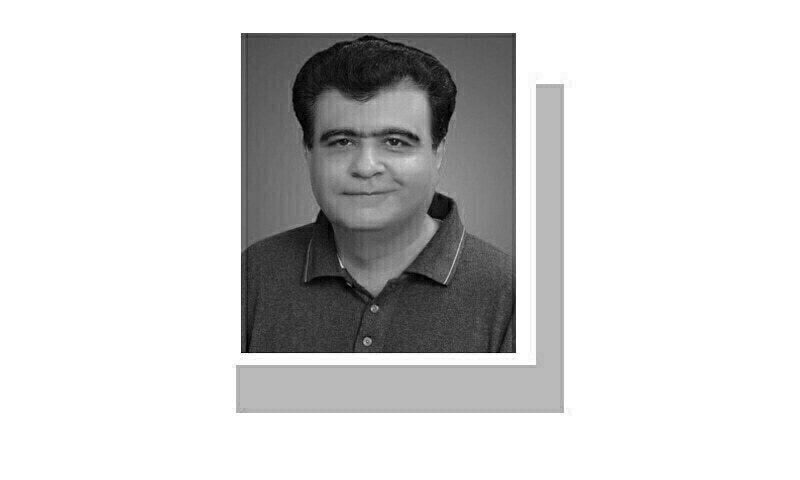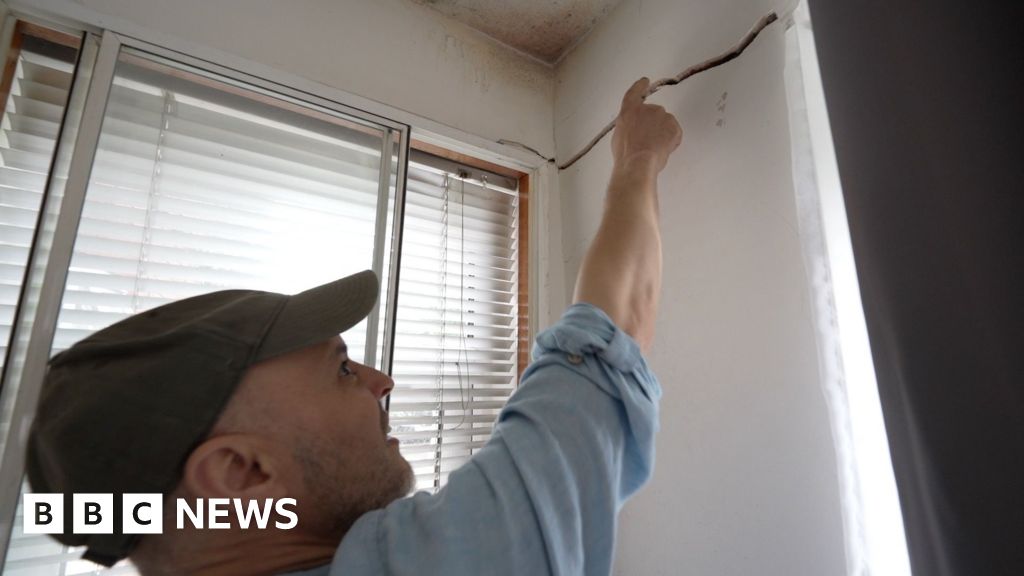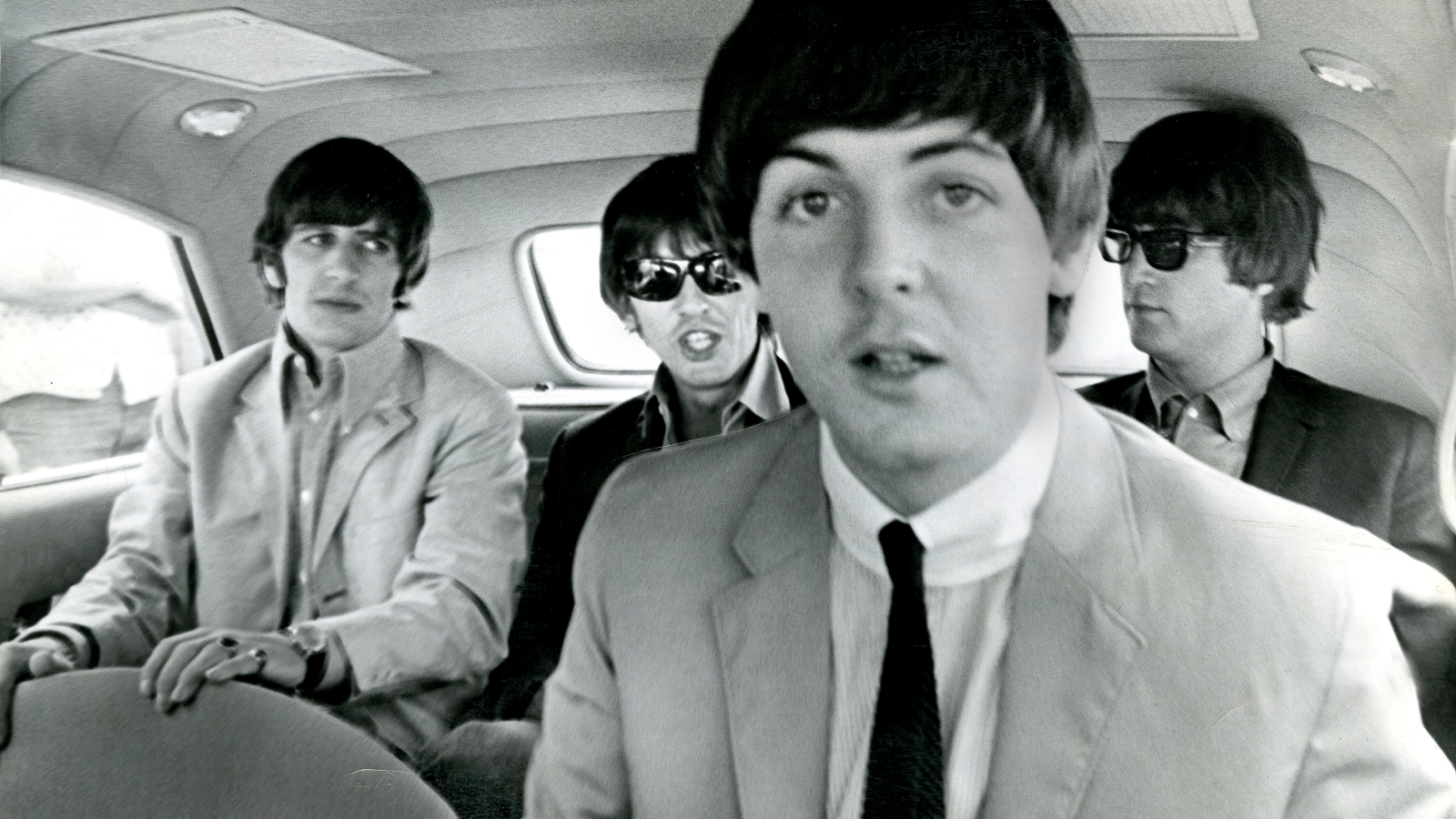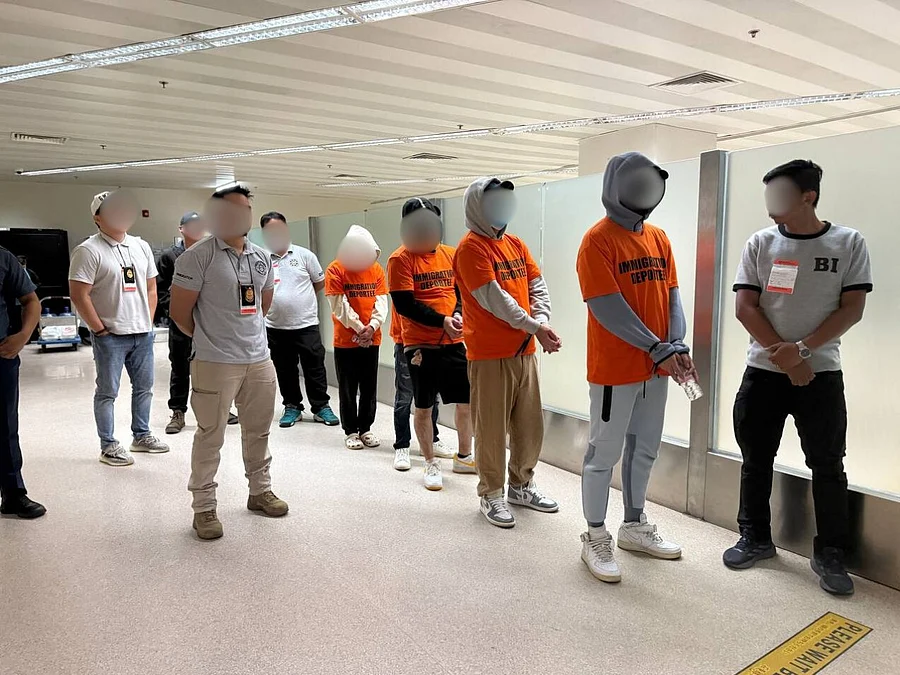By Dr Niaz Murtaza
Copyright dawn

WE will soon reach an outcome long desired by anti-democracy actors — the political exit of our top four leaders. This won’t occur due to the former’s ploys though but simply due to the march of time. Imran Khan, the Sharif brothers and Asif Zardari are all 70-plus and may quit politics in five to eight years.
The same is true for their top deputies like Shah Mahmood, Pervez Elahi, Ishaq Dar, Khwaja Asif, Rana Sanaullah, Khurshid Shah, Pervaiz Ashraf and Yusuf Gilani. It’s true too for most other key party heads: Shujaat Hussain, Fazlur Rahman, Asfandyar Wali, Pir Pagara, Altaf Hussain, Mahmood Achakzai, Jahangir Tareen, Pervez Khattak and Abdul Malik. We rarely get octogenarian top leaders. So, most top politicians of the last three to four decades may quit soon in quick succession.
This will be our third such shift. Our first political cohort included the freedom leaders. Unlike their success in gaining freedom, their governance and political roots were weak and unelected actors trumped them in seven to eight years. The next cohort rose in Gen Ayub’s era. It espoused leftist politics to address the socioeconomic complaints the first cohort and Ayub had created, following global trends at the time. Four provinces in 1970 chose leftists to head the ruling alliance and the erstwhile NWFP chose them as part of it. But they too ruled briefly. The last one, rising in Zia’s era, has ruled the longest. Its politics exhibits dynastic patronage, sleaze and ineptitude, given Zia’s ability to shape politics much more than Ayub and the global loss of ideology since then. Populism joined its ranks recently.
How the next cohort rules will be critical as the years leading to our centennial freedom mark will see bigger economic, demographic, ecological, social and external threats. We are already among the most crisis-prone states globally given the sins of all our cohorts and autocrats. Politics is the societal avenue for tackling all threats. If better politics doesn’t take root soon, such threats may even lead to doom. We need strong progressive governance to avoid doom, ie, democratic devolution politically; developmental-cum-welfare policies economically; tolerant secularism socially; and peaceful and respectful ties with neighbours and big powers externally.
How the next cohort rules will be critical.
This is a level of politics much higher than what our society has birthed so far, given the ploys of unelected midwives. Worryingly, our more well-off regions — Sindh, Punjab and KP’s Peshawar valley and Hindko belt — now choose only patronage or populist politics. Only our poorest, smallest and most conflict-riven ones (Balochistan and the former Fata areas) choose issues-based politics that falls short of strong progressive politics. Patronage politics is in decline given rising awareness, more so in Punjab and KP. This trend may hasten as the key new dynasts, Crown Princess Maryam and Crown Prince Bilawal, seemingly lack the guile needed for patronage politics.
So, as true globally, populism may expand its hold. But it faces a big threat too. It’s a young brand led by an old politician against an old brand soon to be led by young politicians. Can Khan pass on his populist mantle soon to a deputy while the PTI faces the regime’s fury? Even populists like Donald Trump, Narendra Modi and Benjamin Netanyahu are yet to provide an apt case study of passing on their mantles. Populism fails, too, like patronage politics. But unlike progressive and patronage politics, it doesn’t need to invest vast resources in local progressive or patronage networks and wins just by provoking rage via social media.
The biggest threat is to the progressive politics we need most. It is seen, by middle- and upper-class voters, to be focused on the poor but doesn’t get even their votes due to the fake allure of populism and patronage. The agenda of poor-led progress presents poverty reduction as not a welfare aim but the best way to expand the economy. Rising incomes, consumption and savings of the poor help expand investment and profit options for businesses, which create more jobs and incomes for the poor, starting a virtuous circle. This agenda can help progressives expand their appeal too. But unlike populists and dynasts, progressives won’t fit into the hybrid model the establishment seems to have settled on as the political way forward.
So, populists followed by dynasts lead going into the future which reduces our chances of averting doom. But the big chinks in their armours present progressives with a strong chance to establish their claims as being best placed to avert doom.
The writer has a PhD from the University of California, Berkeley, in political economy and 25 years of grassroots to senior-level experiences across 50 countries.
murtazaniaz@yahoo.com
X: @NiazMurtaza2
Published in Dawn, September 16th, 2025



